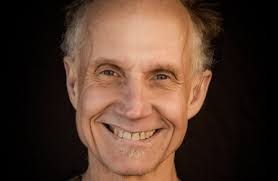
In the past week, I’ve been reading a telling triptych of materials. As readers of this page know, I have Terrance Hayes’ book, American Sonnets for My Past and Future Assassin. But I’m also slowly wending my way through Jericho Brown’s The Tradition.
To complete the trio, there’s the bad habit I have of reading front page news, where (alas!) the newspapers are addicted to tweets from He Who Must Not Be Named For Fear of Getting Cheetos Dust on the Furniture.
What a combo. And Hayes’ and Browns’ poems are better understood in this light. Or lack of light.
Consider it a variation of “through a glass darkly.” The days of being inspired to write a poem by trees or the moon are finished. For writers of color, at least, the drumbeat of degrading tweets and rally rants before ravenous crowds is enough. It’s like rich manure yielding bumper crops of literature.
I’m not sure I can call this situation a silver lining, but it makes for poetry that’s worth rereading, both for the empathy and for the talent. And I’m sure the Regrettable Muse doesn’t call only to people of color. The Accent-on-White House is inspiring a lot of political (and humanitarian and satirical and outraged) response from all quarters.
Hemingway’s first short story collection was called In Our Time, and some of the material (e.g. “Big Two-Hearted River”) was the result of his time — one of world wars created, as all wars are, by old politicians (presidents, premiers, dictators, fascists, Communists, and other stripes) for young men to die in.
As I read these poems, I can’t help but reflect on how much “our time” feeds our poetry and literature as well. Where there’s blood, there are roots that feed on it. And where there’s racism, there is soil that soaks it up and bears bitter fruit.
And so it goes, both sadly and beautifully, in our own time. One that we must not only own, but respond to and resist as writers always have—with the pen.




